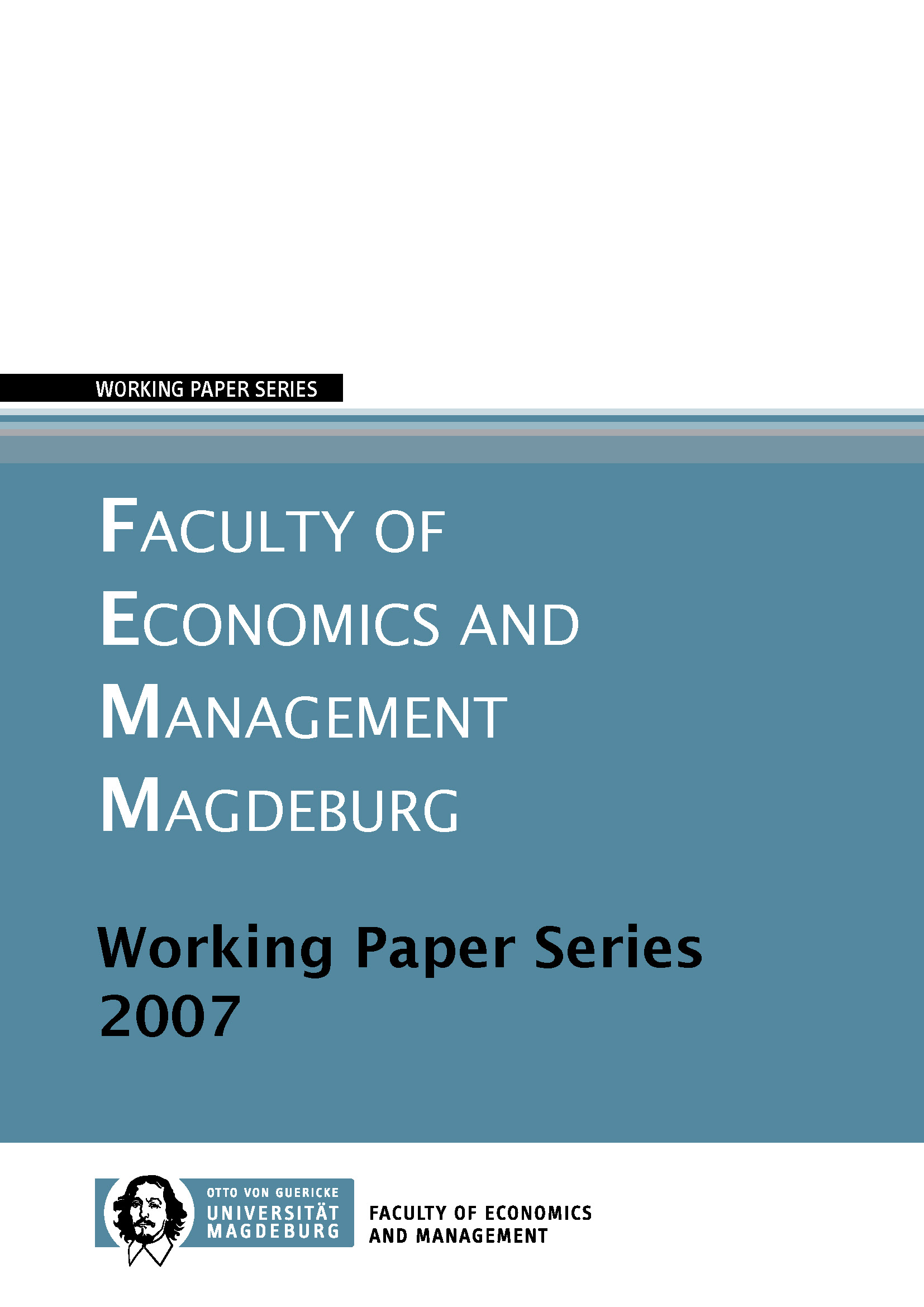Corporate Governance, Reputation Concerns, and Herd Behavior
DOI:
https://doi.org/10.24352/UB.OVGU-2018-319Keywords:
corporate governance, audit committee, game theory, herdingAbstract
This paper offers an explanation for audit committee failures within a corporate governance context. We consider a setting in which the management of a firm sets up financial statements that are possibly biased. These statements are reviewed/audited by an external auditor and by an audit committee. Both agents report the result of their audit, the auditor acting first. The auditor and the audit committee use an imperfect auditing technology. As a result of their work they privately observe a signal regarding the quality of the financial statements. The probability for a correct signal in the sense that an unbiased report is labelled correct and a biased one incorrect, depends on the type of the agent. Good as well as bad agents exist in the economy. Importantly, two good agents observe identical informative signals while the signal observed by a bad agent is uninformative and uncorrelated to those of other good or bad agents. The audit committee as well as the auditor are anxious to build up reputation regarding their ability in the labor market. Given this predominate goal they report on the signal in order to maximize the market's assessment of their ability. At the end of the game the true character of the financial statements is publicly learned and the market uses this information along with the agents' reports to update beliefs about the agents' type. We show that herding equilibria exist in which the auditor reports based on his signal but the audit committee herds. and follows the auditor's judgement no matter what its own insights suggest.


